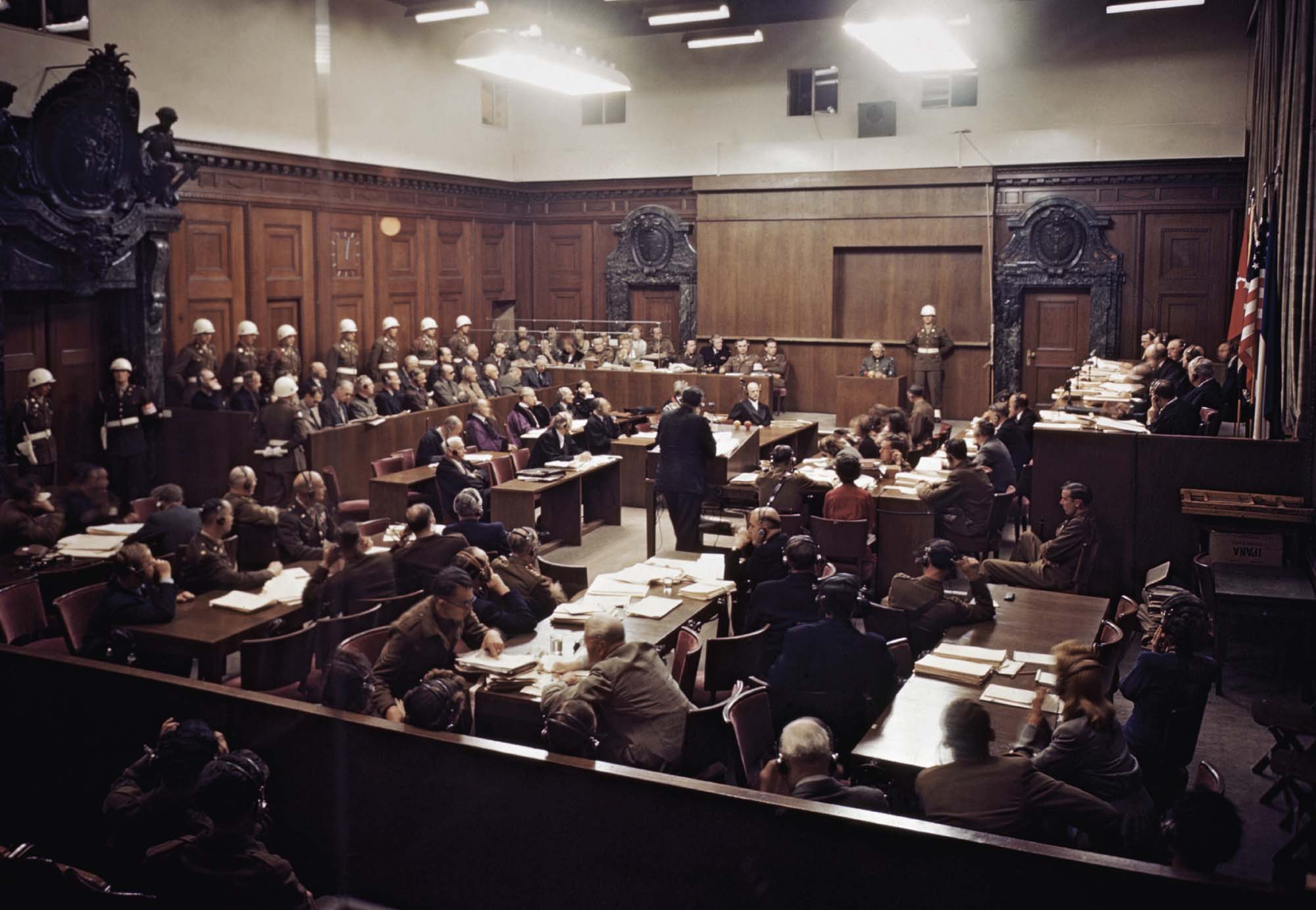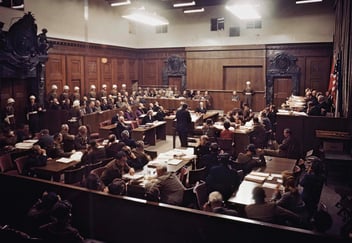The courtroom is empty now, the echoes of impassioned arguments fading into the stillness. Outside, the world continues, indifferent to the weight of history that has just unfolded. Yet within those walls, something profound has occurred—a shift not merely of legal precedence but of human consciousness. This is the beginning of something greater, a movement that reaches far beyond the confines of one nation, one trial, or one man.
Ahmad had stood, unyielding, before the machinery of power. His voice carried not just the weight of his own convictions but the hopes of millions who yearned for justice, balance, and freedom. What had begun as a legal challenge had transformed into a clarion call for the restoration of fitrah, the natural law that binds humanity to its Creator and to each other.
The Triumph of Justice
The trial was not about victory in the conventional sense. It was not about conquering an enemy or imposing a singular truth. It was about reclaiming something far more profound: the essence of what it means to be human. Ahmad had articulated this essence with a clarity that resonated across the barriers of culture, language, and ideology.
“Justice,” he had said, “is not merely a construct of systems. It is the heartbeat of humanity, the rhythm by which we live in harmony with ourselves, our Creator, and the world.”
The judgment, though rendered by the court, was a verdict on a larger question. Could humanity rise above the artificial constructs imposed by greed, control, and fear? Could it rediscover the principles of natural law that had guided it through millennia of struggle and triumph?
The answer, Ahmad believed, was yes. But it required more than legal victories; it demanded a collective awakening, a willingness to confront the forces that sought to redefine humanity itself.
A Movement Beyond Borders
The Malaysian Nuremberg Trial became a beacon for a world grappling with similar struggles. From the bustling streets of New York to the quiet villages of Africa, the message spread: humanity is not a commodity to be managed but a sacred trust to be honored.
Communities began to organize, inspired by the principles of deen al-fitrah. Movements emerged, calling for the dismantling of systems that reduced individuals to data points and for the restoration of laws that upheld dignity, freedom, and balance. These were not acts of rebellion but of reclamation—a return to the natural order that had been disrupted by the unchecked march of technology and power.
In places where the Great Reset had sought to centralize control, local economies flourished, rooted in mutual respect and shared responsibility. In societies where transhumanism had attempted to redefine life, people reasserted their connection to the divine and the natural world. And in nations where stakeholder capitalism had eroded sovereignty, voices rose to reclaim autonomy, guided by the universal truths of natural law.
The Legacy of Fitrah
As the world awakened, Ahmad’s words echoed like a refrain: “Law is not the weapon of the powerful; it is the sanctuary of the just.”
His case had proven that fitrah—natural law—is not an abstraction but a living reality, a compass for navigating the complexities of modern life. It reminded humanity that progress is not measured by technological advancements or economic growth but by the preservation of dignity, the safeguarding of freedom, and the pursuit of harmony.
Ahmad’s legacy was not merely the legal precedent he set but the seeds of transformation he planted. He showed that resistance is not an act of defiance but of fidelity—to one’s Creator, to one’s conscience, and to the collective good.
A New Dawn
As the sun rises over the Malaysian capital, its light spills into the courtroom, illuminating the space where justice had taken its stand. The air is no longer heavy with tension but alive with possibility. This is not the end of the story but the beginning of a new chapter for humanity.
The road ahead is not without challenges. The forces of technocracy, transhumanism, and totalitarianism will not retreat easily. But the trial has proven that these forces are not invincible. They can be challenged, dismantled, and replaced with systems that reflect the true essence of humanity.
Ahmad’s journey is a testament to the power of faith, courage, and collective action. It reminds us that even in the face of overwhelming odds, the principles of justice and natural law endure. They are the foundations upon which a new world can be built—not a world of control but of connection, not of fear but of faith.
The Call to Action
To the reader, the journey does not end with these pages. The call to reclaim fitrah, to resist the erosion of natural law, and to restore harmony is not confined to the courtroom or the corridors of power. It begins in every heart, every community, and every act of justice.
This is not merely a story of what has been but a vision of what can be. It is a reminder that humanity’s greatest strength lies not in its machines or its systems but in its ability to choose—to choose truth over convenience, justice over power, and love over fear.
The dawn of fitrah is upon us. It is not the end of history but its rebirth. And in this dawn, every individual has a role to play, every voice a part to sing, and every action a step toward a future where humanity is not merely preserved but fulfilled.




